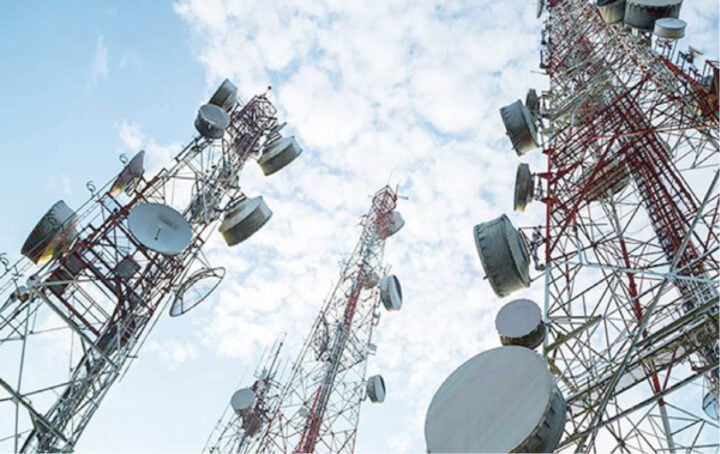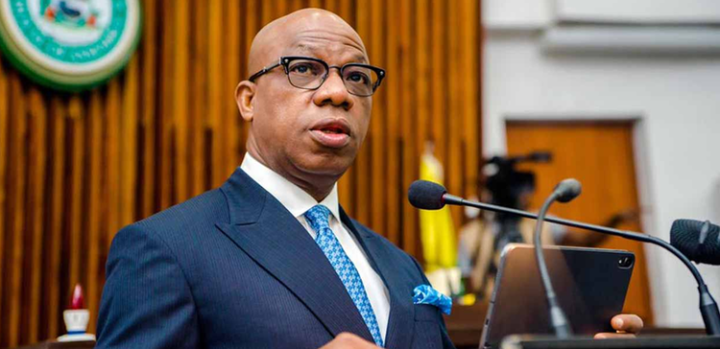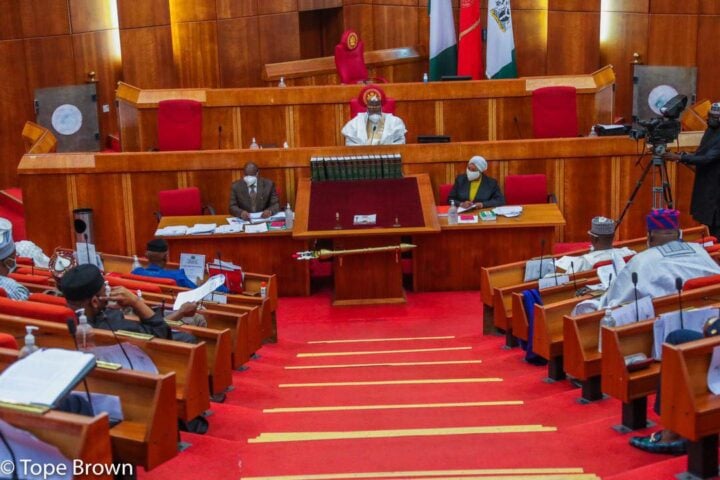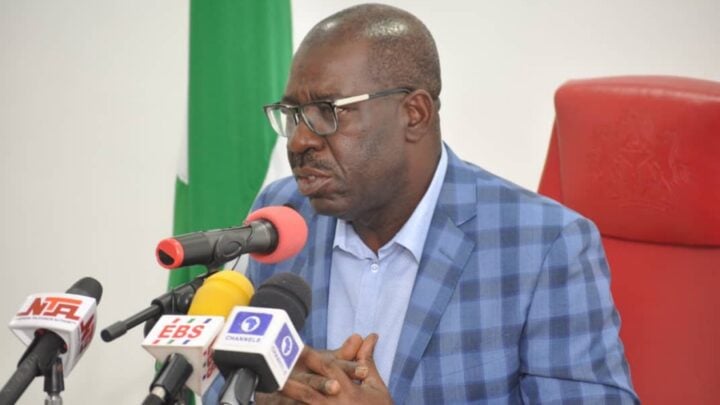BY MUKHTAR YA’U MADOBI
Recently, the national security adviser, retired major-general Babagana Monguno, bemoaned how cybercriminals have been inflicting damage on many critical national information infrastructures (CNII) in the country. He stated this when he convened the 7th meeting of the National Advisory Council on Cybercrimes.
He, therefore, reiterated the government’s commitment and assurance on the protection of these critical national assets against wanton vandalism. For the record, critical national assets and infrastructure (CNAI) are assets, services and systems that support the economic, political and social life of a nation. They cut across every sector and include schools, hospitals, industries, roads, etc.
These assets are so vital that the incapacity and or destruction of any may have a debilitating impact on security, economy, health, safety, education, food and agriculture, environment, transportation, etc.
Advertisement
Lately, a stakeholders’ summit on the protection of critical national assets and infrastructure in Nigeria was conducted in Abuja.
The summit was jointly organised by the Nigerian Security and Civil Defence Corps (NSCDC), University of Abuja and the International Institute for Security and Governance Studies.
At the event, NSA Monguno, represented by Sunusi Galadima, the director of internal security, ONSA, applauded the efforts of the organisers for coming up with the summit at this critical juncture when the safety of CNAIs across the country is endangered.
This is owing to the insecurity challenges bedevilling the country due to heinous activities by bandits and kidnappers, insurgents, militants and secessionists agitators, among others. He, therefore, assured all the stakeholders of the presidency’s unwavering support toward containment of the nation’s security challenges and subsequent protection of the CNAI.
Advertisement
The protection of critical assets and infrastructure is very vital to the continued existence of every nation globally. To that effect, the latest edition of Nigeria’s National Security Strategy (NNSS) 2019, captured and emphasised the urgent need for safeguarding these assets.
It was clearly stated in the document that: “The key objectives of identifying, classifying and prioritizing Critical National Assets and Infrastructure (CNAI) are to determine appropriate levels of protection required for each CNAI or groups of CNAI; enhance the resilience of CNAI to hazards; and minimize the effect of attacks or disasters on CNAI.”
The document further highlighted that: “The lead agency statutorily responsible for protecting all CNAI is the Nigerian Security and Civil Defence Corps (NSCDC). The critical nature of these assets and infrastructure underscore the need to conduct periodic reviews, audits and risk assessments to ensure their protection and resilience. To this end, we will develop a CNAI Protection Response Plan that designates roles and responsibilities for all stakeholders such as the Nigeria Police Force, Federal Fire Service as well as other security and intelligence agencies, Ministries, Departments and Agencies (MDAs) and the general public. This will involve the design and development of institutional capacity, systemic resilience, physical protection and contingency plans for CNAIs by all MDAs.”
It is apparent that the ONSA’s resilient effort over the years is leaving no stone unturned in the quest for the protection of these critical national assets.
Advertisement
Lately, the ONSA announced that preparations are being made towards organising a 3-months cybersecurity sensitisation workshop for all the MDAs across seven sectors scheduled for September to December 2021. These sectors include telecommunications, defence and security, education, finance and capital market, energy, professional organisations, the private sector and judiciary.
This workshop series is aimed at providing vital information, strengthening coordination, and building the capacity of relevant stakeholders on their responsibilities under the National Cybersecurity Policy and Strategy. This effort will go a long way in fortifying and enhancing the strategies for protecting the country’s critical assets and infrastructures.
Additionally, the NNSS captured the propensity of the government for the development of a geographical information system (GIS)-based decision support tool which the networks of all stakeholders with contingencies and emergency responses to CNAI protection can contact.
It will also involve the development and activation of response protocols at the National Crisis Management Centre (NCMC) for national security breaches that imperil CNAI. It will conduct periodic inspections and certification of the security preparedness of CNAI.
Advertisement
Furthermore, the document categorically stated that institutional arrangements shall be put in place to coordinate the activities of the federal government with those of states and local governments. The NCMC, established in ONSA, will coordinate CNAI protection, policy development and ensure implementation and liaison across all levels of government and industry. State and local governments are to set up corresponding structures to liaise with the NCMC at the national level to coordinate activities and request assistance where necessary.
A robust response and coordination system will be put in place between NCMC as well as state and local government structures. However, upon all these necessary measures put in place by the government toward guaranteeing the safety and formidability of these national assets, the goals cannot be achieved without adequate support from the members of the public.
Advertisement
Citizens should note that protecting CNAI is not the responsibility of the government alone, it equally entails synergy, collaboration and coordination from the members of the society since they are the sole owners of these critical infrastructures.
Alas, it is worrisome that nowadays people consider these assets as treasures owned solely by the government, thus, becoming prime targets of wanton destructions and attacks in an attempt to frustrate government whenever there is uneasiness, especially violent protest such as that of #EndSARS which the country is still yet to recover from the losses it suffered.
Advertisement
Therefore, citizens should always demonstrate readiness and patriotism towards ensuring the safety of these critical assets and infrastructures, as they are the sole beneficiaries of the pleasure derived from the services rendered by these assets.
Mukhtar Ya’u Madobi wrote this piece from Kano via [email protected]
Advertisement
Views expressed by contributors are strictly personal and not of TheCable.
Add a comment






